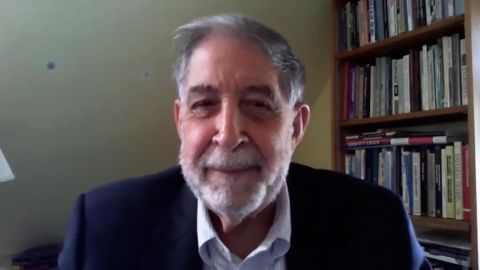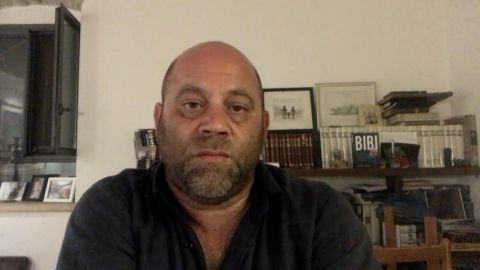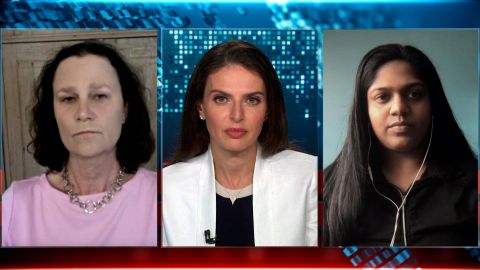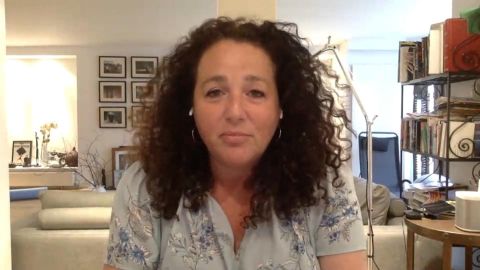Read Transcript EXPAND
BIANNA GOLODRYGA: And what role did war and all of the social changes and unrest happening not only in the U.S. but around the world play in making this such a defining year for music?
DANIELLE PECK, SERIES PRODUCER, “1971: THE YEAR THAT MUSIC CHANGED EVERYTHING”: Massively important. I mean, it wasn’t just protest music. You know, there were some really important protest songs like “War Is Over,” for example — and, you know, Marvin Gaye’s “What’s Going On,” in its own fashion was a protest song. But there was also a huge rise in African- American mainstream music taking their story into the mainstream world, and that was fueled by like the Africa prison riots, the massacres of the prisoners there in ’71. There is — war was important, but it has been going on for a long time. So, that wasn’t new. But the things that evolved out of that, for example, the war on drugs, you know, there’s a lot of GIs coming back from Vietnam who had got hooked on drugs, bringing that back to the states primarily, and that generated a whole kind of culture in the states and that fueled its own music. So, it was a really interesting time for politics to really play out in cultural field.
GOLODRYGA: How did that evolve, and I would say rather quickly from the ’60s sort of era of free love?
PECK: Well, it evolved quite quickly because, you know, think of the summer of love. I mean, just a few years later, we’re talking about 1971 happening and the hippie thing was pretty much done and dusted by then. I mean, one of our films was called “The End of the Acid Dreams,” because that bubble had burst. So, you know, there were quite a lot of burnouts and some of them — you know, the musical stars, unfortunately, people like Sly Stone, Jim Morrison. And, you know, they were — they had been the people that had driven through the summer of love and hippie period and it didn’t last. So, it transpired, you know, that negative aspect of the drugs in the music scene, it didn’t last long, the positive side. I went negative quite quickly.
About This Episode EXPAND
Anshel Pfeffer; Pam Shriver; Kavitha Davidson; Mickey Edwards; Danielle Peck
LEARN MORE



